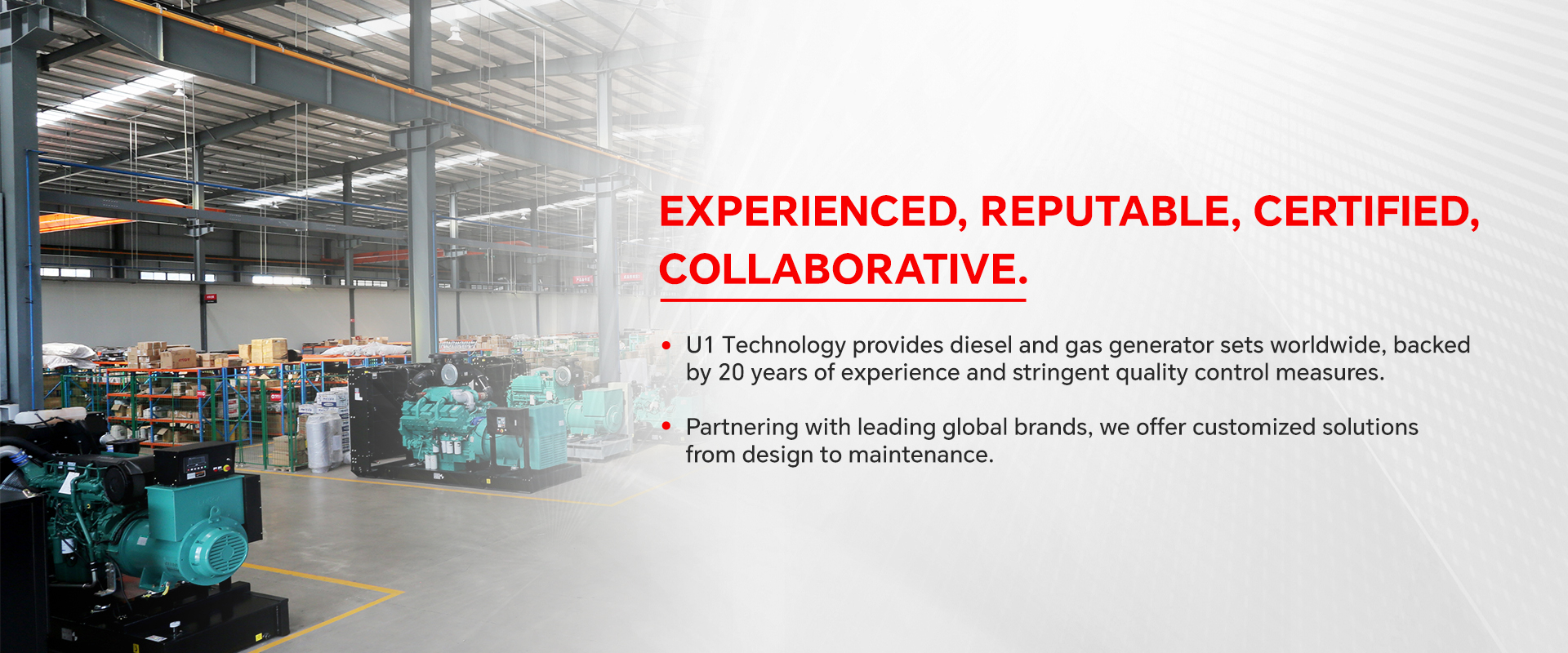In the world of backup power generation, two prominent options be noticeable: natural gas and diesel generators. If the power goes out, along with the dependence on it will become critical, deciding on the best generator set will make all the difference. But how can you decide between propane and diesel generators? Every one has a unique pair of pros and cons, along with the choice ultimately is determined by your unique needs and circumstances.

In this article, we’ll delve into the distinctive features, advantages, and downsides of natural gas and diesel generator sets, assisting you to produce a well-informed decision which option aligns best using your needs.
Propane Generators
Advantages
Cleaner Emissions: One of the greatest attributes of propane generators is lower environmental impact. When gas main burns, it creates fewer harmful emissions, for example particulate matter, nitrogen oxides, and sulphur dioxide, when compared to a diesel genset. This makes natural gas generators a greener choice for those worried about quality of air and environmental sustainability.
Cost-Effective Fuel: Propane is often less costly than diesel fuel. The price savings can be significant in the lon run, specifically if you intend to make use of generator frequently. Furthermore, the availability of gas main is often more stable, reducing price fluctuations.
Less Maintenance: Natural gas generators typically require less maintenance than their diesel counterparts. This is caused by the cleaner-burning nature of propane, which results in fewer deposits and soot buildup inside the engine, extending the generator’s lifespan.
Quieter Operation: Gas generators provide quieter operation. This is the vital consideration in residential areas and settings where environmental noise must be minimized.
Disadvantages
Limited Fuel Storage: A disadvantage to gas main generators could be the reliance on a nonstop supply of gas main. This is often problematic during extended power outages or in remote locations a consistent natural gas supply may not be available.
Lower Energy Density: Gas main has a lower energy density when compared with diesel, meaning you might need a larger storage capacity or higher frequent refuelling for the same output.
Lower Fuel Efficiency: Propane generators usually are less fuel-efficient than diesel generators, which could increase operational costs in the long run.
Lower Portability: As a result of dependence on a passionate gas main supply, these generators are less portable and versatile than diesel generators.
Diesel Generators
Advantages
High Energy Density: Diesel fuel is renowned for its high energy density. What this means is diesel generators can provide more power in the smaller package, driving them to well suited for applications where space is bound.
Fuel Storage: Diesel generators have the good thing about to be able to store fuel for long periods without degradation. This makes them a dependable option for backup power in remote locations and throughout long-term power outages.
Fuel Efficiency: Diesel generators have fuel efficiency, consuming less fuel for the same output as natural gas generators. This results in lower operational costs.
Greater Reliability: Diesel engines are normally better and durable, be responsible for greater reliability in demanding conditions. They are generally the go-to option for mission-critical applications.
Disadvantages
Emissions and Environmental Impact: Diesel generators emit higher numbers of pollutants, including nitrogen oxides and particulate matter, which may have negative effects on quality of air and public health. Stricter emissions regulations happen to be carried out mitigate these issues.
Noise Levels: Diesel generators are likely to be noisier than natural gas generators, which is often a problem in residential areas or where noise pollution is a consideration.
Fuel Availability and value: Diesel fuel could be more costly and be subject to price fluctuations. Additionally, storing large volumes of diesel fuel can cause safety and environmental risks.
Maintenance Requirements: Diesel generators typically want more frequent maintenance because of soot and carbon buildup within the engine, which could raise the price tag of ownership.
When you Choose Gas Generators?
Environmental Concerns: In the event you prioritize environmental sustainability and cleaner emissions, an all-natural gas generator will be the approach to take.
Financial savings: If you’re planning to reduce fuel costs over time and possess entry to a dependable gas main supply, natural gas generators may be more cost-effective.
Quiet Operation: In areas or places where noise levels must be kept to a minimum, gas main generators include the quieter choice.
Less Frequent Use: If your generator serves as a backup for occasional power outages, the low maintenance requirements of gas main generators make sure they are an expedient option.
When you ought to Choose Diesel Generators?
High Power Requirements: Prefer a high-power output within a compact package, diesel generators, making use of their high energy density, are the better option.
Reliability: For mission-critical applications where reliability is paramount, like data centres or healthcare facilities, diesel generators are often preferred because of their robust and durable engines.
Remote Locations: In areas with limited usage of an all-natural gas supply or during long-term power outages, diesel generators using reliable fuel storage would be the better choice.
Frequent Use: In case your generator will dsicover frequent use and also you prioritize fuel efficiency, diesel generators can be more economical in the long run.
Conclusion
The choice between gas main and diesel generators depends on your specific requirements, budget, and environmental concerns. Both types of generators have their benefits and drawbacks, and also the secret’s to carefully evaluate your needs and priorities before you purchase. Additionally, be sure you understand local regulations and emissions standards that may affect your selection.
For details about gas engine check out our new web portal
